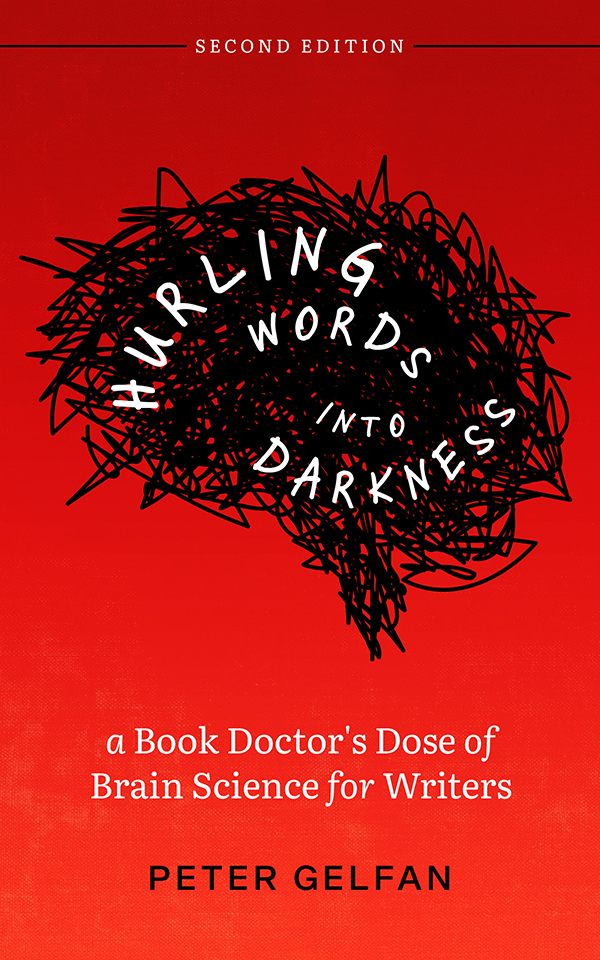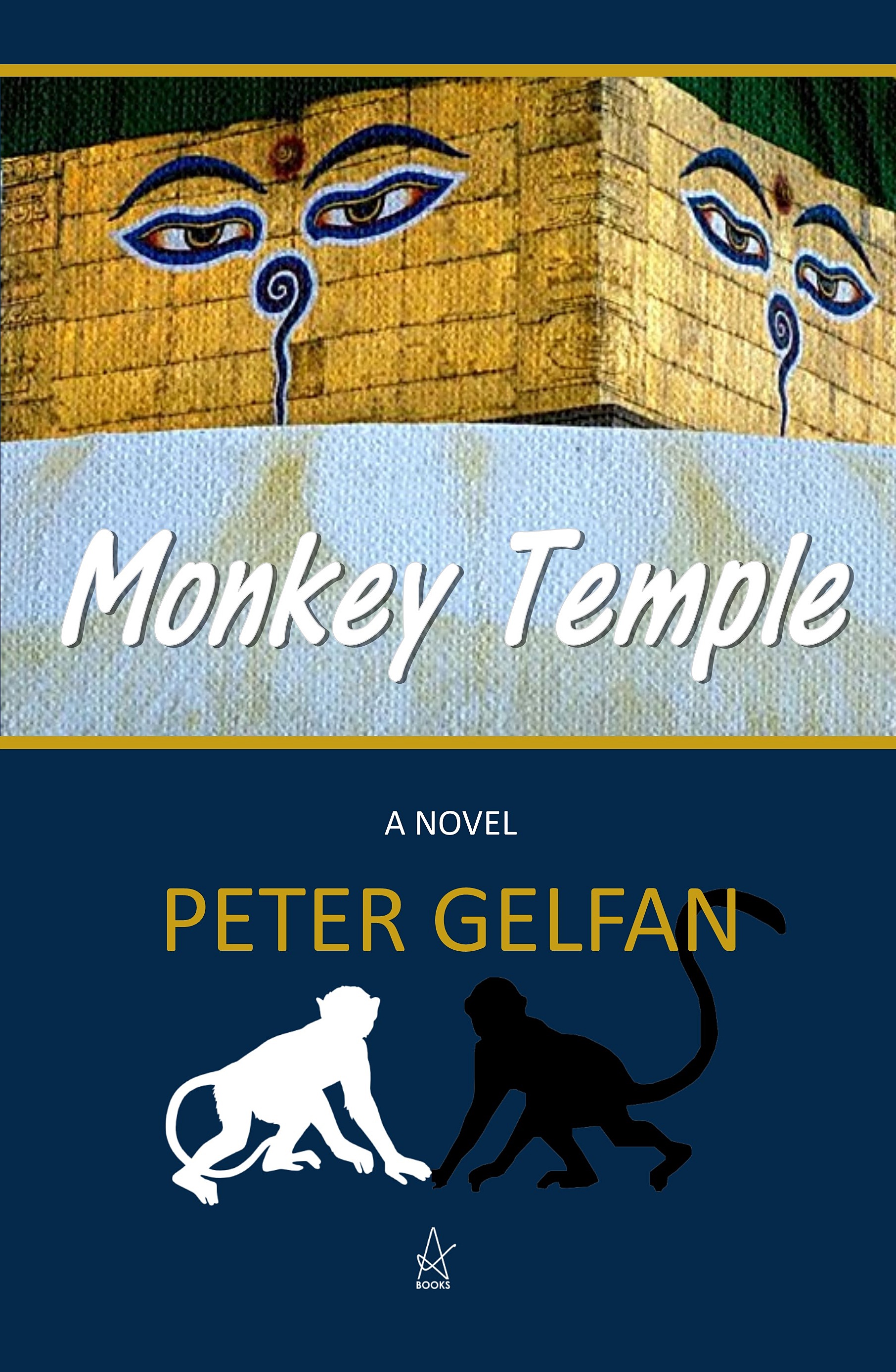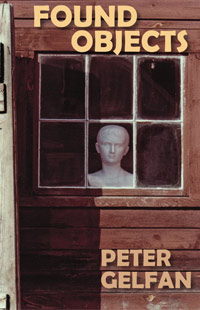Why Read?
Every human culture tells stories. Some of them are meant to chronicle actual events, whether it’s a creation story or the history of a city or country. Others are explicitly fictional, such as fables, tall tales, and fairytales. Isn’t it interesting that fiction can be just as effective as nonfiction, or even more so, in eliciting emotional response? Why did one made-up story about a killer shark off Long Island scare and change the behavior of far more people than did dozens of news items about smokers who died of lung cancer?
In any case, the fact that storytelling is ubiquitous amongst humans strongly suggests that it’s not simply a cultural trait but is innate—it’s in our DNA. Stories run like blood through our neural pathways. Storytelling and story-listening are a part of being human. Why?
Just about any creature can (and must) learn from its own experiences. A few can learn by witnessing the experiences of others of their kind. It seems only humans are able learn from hearing about others’ experiences without having been there to see them, which might be the Darwinian hook in our enjoyment of reading in whatever form. The lessons of vicarious experience may not cut as deeply as those learned firsthand, but they’re much less likely to be fatal.
We all crave and fear experience. Reading is a safe, easy way to bulk up on it. Stories are prepackaged units of defanged secondhand experience, a sort of vaccination, that help us as individuals and cultures to cope, learn, grow, survive, and thrive. Puppies and kittens play at stalking and fighting; children play soldier and house. Like these activities, reading isn’t just a pleasurable pastime but also a vital survival pursuit. As Daniel Kahneman, Nobel-Prize-winning author of Thinking, Fast and Slow puts it, “This is how the remembering self works: it composes stories and keeps them for future reference.”
A book (or movie or play for that matter) puts readers through an ersatz experience that stimulates many of their cognitive faculties—emotions, intellect, imagination, senses, sexuality, intuition, sense of humor—and actively involves readers in the story’s situations, from which they can’t help but learn things at various levels.
Reading might save your life. Maybe it already has.












